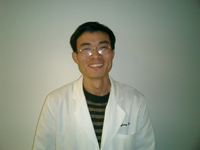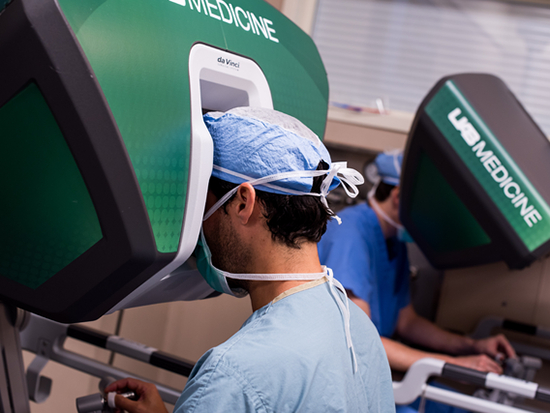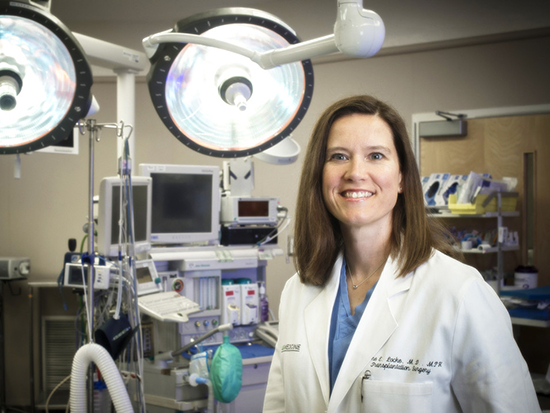|
|
 |
Dr. Shen earned his B.S. in virology from Wuhan University, P.R. China. He then joined the Harbin Veterinary Research Institute in the Chinese Academy of Agricultural Sciences, where he worked on vaccine development. Subsequently, he relocated to the U.S., earning his Ph.D. in genetics from Iowa State University. He then did a post-doctoral fellowship in the Department of Microbiology at UAB, focusing on the modulation of transcription and replication of vesicular stomatitis virus (VSV).
Dr. Shen’s current work focuses on the mechanisms of the down-regulation of HIV-1 infection in intestinal macrophages, the selective transfer of HIV-1 by intestinal epithelial cells and the role of intestinal lymphocytes in the selective transfer and early replication of HIV-1.
Selected Publications
- Shen, R., Yuan, S., Liu, G. et al. Identification and characterization of the non-essential regions for replicaiton of Fowlpox virus on chicken embryo fibroblasts. Chinese J. Animal Poultry Infect. Dis., 17:18-22, 1995.
- Shen, R., Wang, X., Cheng, Z. et al. Recombinant Fowlpox virus expressing the VP2 gene of Infectious bursal disease virus (IBDV) induced protection against lethal challenge of very virulent IBDV strains. Chinese J. Animal Poultry Infect. Dis., 20:64-67, 1998.
- Shen, R., Wu, L., Y, K. et al. Characterization and isolation of an avian Pneumovirus from chicken breeder flock in China. Chinese J. Prevent. Vet. Med., 21:76-79, 1999.
- Shen, R. and Miller, W.A. Subgenomic RNA as a riboregulator: negative regulation of RNA replication by Barley yellow dwarf virus subgenomic RNA2. Virology 327:196-205, 2004.
- Shen, R. and Miller, W.A. The 3′ untranslated region of Tobacco necrosis virus RNA contains a BYDV-like cap-independent translation element. J. Virol. 78:4655-4664, 2004.
- Shen, R., Rakotondrafara, A. and Miller, W.A. Trans-regulation of cap-independent translation by a viral subgenomic RNA. J. Virol. 08:10045-10054, 2006.
- Shen, R. and Miller, W.A. Structures required for poly (A) tail-independent translation overlap with, but are distinct from, cap-independent translation and RNA replication signals at the 3′ end of Tobacco necrosis virus RNA. Virology 358:448-458, 2007.






